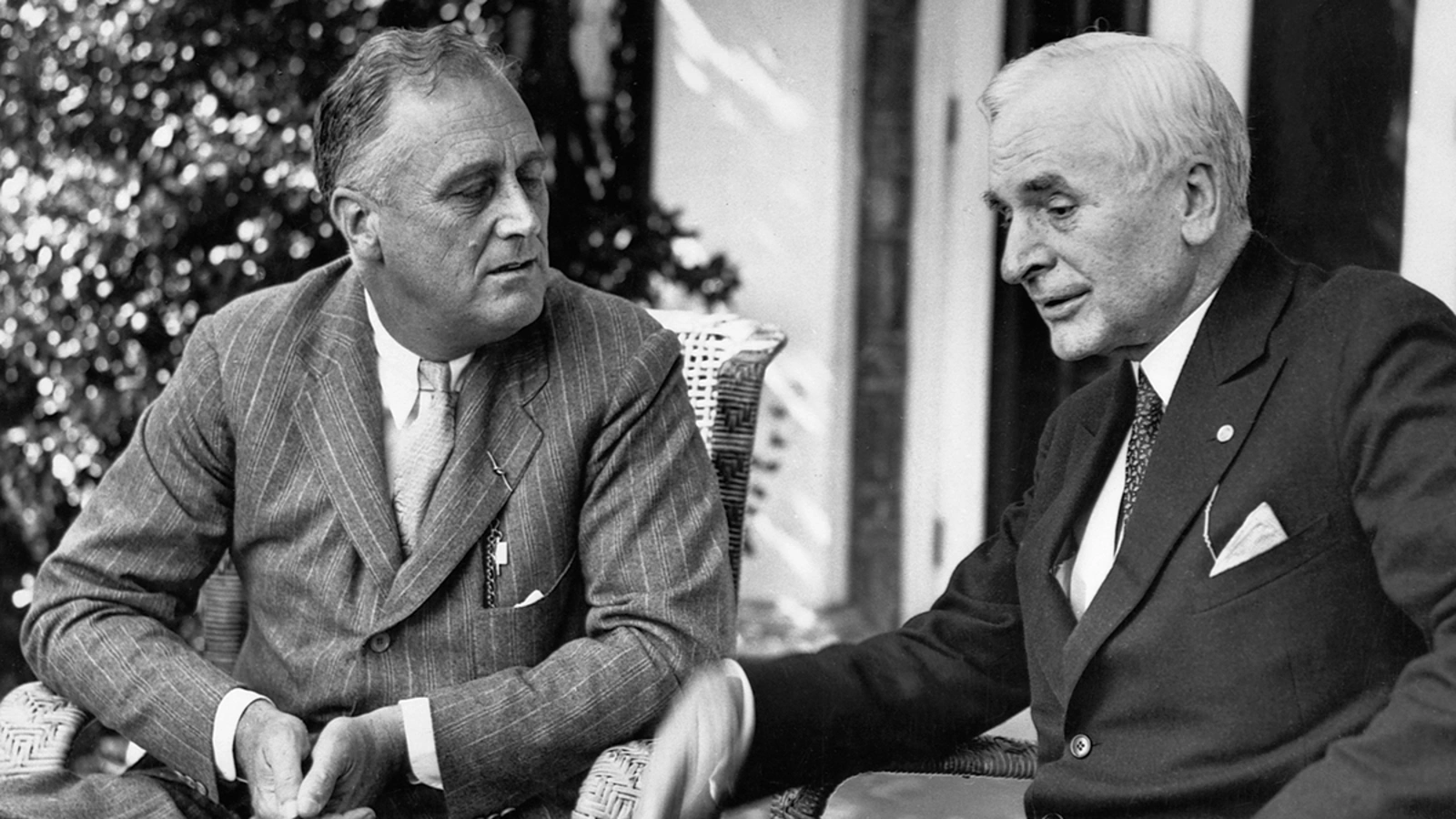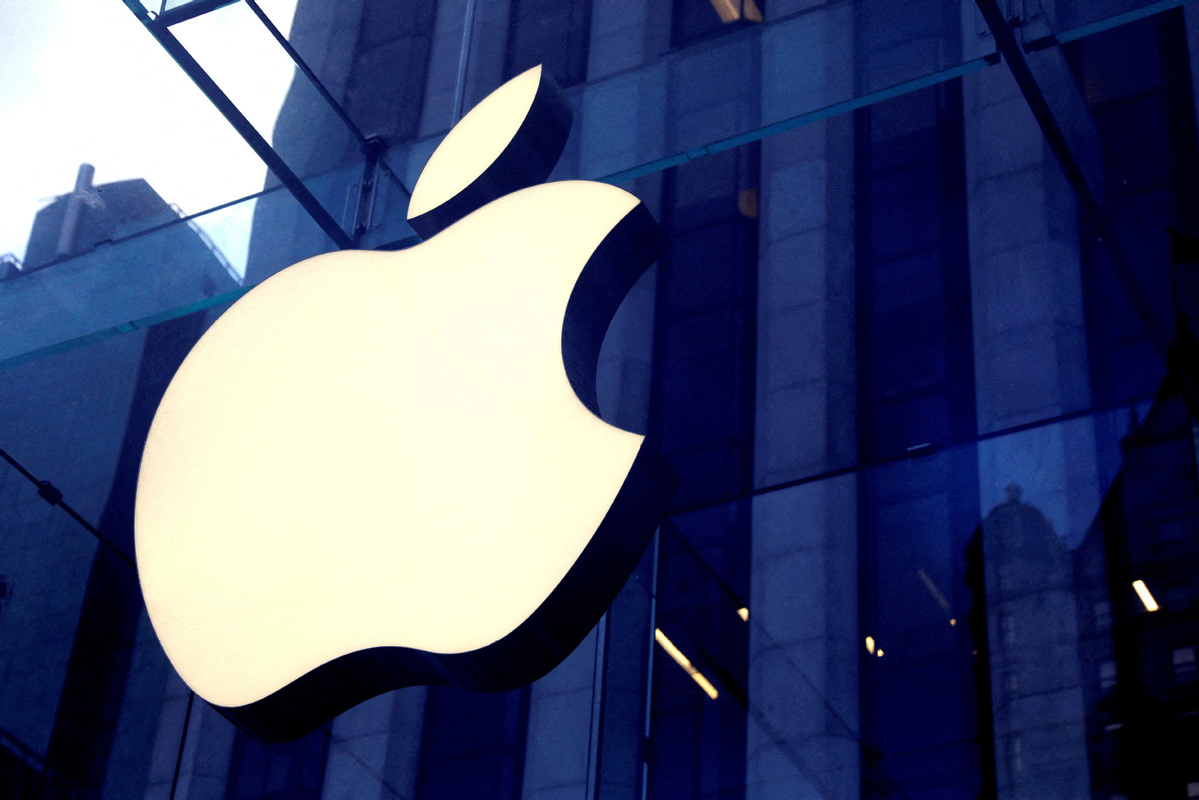The way out of neoliberal globalization is by developing a new globalization that is democratic and free from the destructive tendencies of capitalist accumulation.

The left is in shambles everywhere while hard-right and far-right parties are riding high in polls across the world. I contend that globalization is at the heart of these developments, and thus it is critical that the left comes to terms with what has gone wrong with its approach to neoliberal globalization and develops in turn an alternative vision of world order.
Globalization came to be a dominant force in our lives sometime around the 1980s. It coincided with the rise of neoliberalism, although globalization is not a 20th-century phenomenon. The 19th century contained a huge burst of globalization. In fact, between 1850 and 1913, the world economy was probably as open as it became in the late 20th century. Tariffs fell, free trade agreements proliferated, trade flows skyrocketed, information flows accelerated, and migrants flowed to all corners of the globe. Neither Europe nor the U.S. had any restrictions on migration. In the U.S., no visas or passports were even needed to enter the country.
That wave of globalization was interrupted because of World War I, and the next wave of globalization did not occur until the early 1980s. In many ways, the new wave of capitalist globalization was more intense than the one that had preceded it as it was characterized by massive financial deregulation and the acceleration of capital flows while trade integration became more rapid than ever. By the 1990s, the new wave of globalization had reached such heights that the world was increasingly becoming a global village. Let’s call it the neoliberal hyper-globalization wave.
However, there was one huge qualitative difference between the 19th-century and the late 20th-century waves of globalization. While capital movements exploded during the late 20th-century wave of globalization and multinationals moved across the world in search of cheaper labor, labor migration was severely restricted. In contrast, migration became truly globalized in the late 19th century. And the late 20th-century wave of globalization, which was supposed to produce unrivaled benefits for all, also had another dark side: While it was not openly imperialistic as the 19th-century wave of globalization, it was based nonetheless on highly exploitative structures that were not much different from those of colonialism. After all, capitalism has always nurtured dependence, inequality, and exploitation.
Under the neoliberal hyper-globalization wave, the Global North took advantage of the weakness of the Global South by trapping millions of its workers in a relentless cycle of exploitation while offshoring had dramatic impacts on the standard of living of average citizens back in the Global North as well-paid industrial jobs became few and far in between, wages stagnated, and the social safety net was torn apart, partly because of less government revenues due to neoliberal tax cuts for corporations and the rich and partly on account of simple ideological reasoning. Austerity for the masses but subsidies, tax breaks, and bailouts for industry and the financial sector is a central aspect of the ideological agenda of neoliberalism. And while some developing nations did benefit from the great connectivity in the global economy that has been unleashed since the early 1980s, it is primarily the elites in the Global South, as much as it is in the Global North, that gained the most from the neoliberal hyper-globalization wave.
Enter politics.
By the late 1990s, grievances over the direction of the capitalist world economy united people to demand change and an anti-globalization movement surfaced across the globe, protesting specifically against the neoliberal hyper-globalization wave. Protests and demonstrations against the World Trade Organization, the World Bank, and the International Monetary Fund became a common feature of the anti-globalization movement across a large number of countries from 1995 to 2018. The anti-globalization movement was inspired by left-wing ideologies and was impressively transnational. Latin America’s anti-globalization movement was especially successful, resulting in support and eventually electoral victory for left-wing parties in scores of countries in the region. Indeed, a database on political institutions reveals that in the early 1990s, 64% of Latin American presidents came from a right-wing party. But a decade later, that number had shrunk to half.
The anti-globalization and anti-capitalist movement was no less prominent in Europe. In the summer of 2001, more than 300,000 people from all over Europe gathered in Genoa, Italy to voice their opposition to the G8 Group, while the Italian police unleashed violence of a dimension unknown up to that point in postwar Western Europe. In the spring of 2002, more than half a million people in Barcelona mobilized against the European Union Heads of State and Government under the banner against Capital and War.
The anti-globalization movement had come of age. The prospects for radical change had never looked more promising than they did during the first decade of the new millennium. The winds of change were still in the air in the second decade of the new millennium as the rise to power of the Coalition of the Radical Left (Syriza) party in Greece brought hope to leftist movements worldwide, although it was abundantly clear to anyone willing to pay close attention to Greek politics at the time that the leadership of the party had made a decision to switch its ideological profile from radicalism to pragmatism in anticipation of its coming to power.
There is indeed one impressive thing about the rapid and sweeping changes brought about by the neoliberal hyper-globalization wave, and that is none other than the fact that the world now spins faster. Extraordinary social, political, and ideological changes can happen from one decade to the next. And, lo and behold, by the end of the second decade of the new millennium, not only did the radical left critique of globalization lose its appeal for the working class and huge chunks of youth, but anti-globalism emerged as a major ideological tenet of the extreme right.
However, the backlash against globalism by hard-right and far-right parties was not based on a scathing critique of neoliberal capitalism but was seen instead as a political project advanced by Marxism and the radical left with the double aim of destroying national culture and replacing the nation-state with institutions of global governance. This is of course an evasion of what capitalist globalization is all about, but it would be naïve to think that the backlash against globalism by the far-right does not have socioeconomic roots. The anti-globalist sentiment that brought President Donald Trump to power in the United States and scores of other authoritarian political figures across the world is driven by both cultural and socioeconomic factors and is nurtured by the “us versus them” mentality. The far-right of course is not anti-systemic and in fact enjoys the support of digital moguls like Elon Musk. As such, it is fooling voters on the economy with promises of a new order. The far-right’s anti-globalism stance begins and ends with the imposition of draconian measures against immigration and the creation of a culture of cruelty.
The anti-globalism of the far-right is perverse and irrational, and thus it may speak volumes of the need of a widely and publicly educated citizenry to sustain democracy, but it also calls attention to the gross political failures of the reformist left parties that came to power during the height of the anti-globalization period. Indeed, while the contradictions of neoliberal globalization led to electoral victories of left parties in scores of countries across the world during the last couple of decades, the shift to global neoliberalism was not countered by the parties of the reformist left that came to power. They may have criticized neoliberal hyper-globalization while they were in opposition, but they did very little once they came to power to combat its destructive effects. At the very best, they increased spending on social programs but did not try to diminish the spread of globalization on their economies and societies. Subsequently, by failing to tame, let alone shrink, capitalist globalization, they quickly saw their political fortunes decline and found citizens changing sides. This is the principal factor that has activated a turn to the far-right across the globe, including the United States, although Trumpism also needs to be considered in light of the peculiar social, cultural, and ideological features of the country.
The problem with the reformist left vis-à-vis neoliberal globalization remains. That is, it advances a critique of the consequences of capitalist globalization but seems to accept the phenomenon as inevitable and unalterable. In doing so, it leaves the field open for far-right populists to make inroads with disgruntled voters by appealing to their worst instincts as in the case of immigration.
We also know that pressure “from below” to tame or even reverse neoliberal globalization, a view that was held by the main body of the anti-globalization movement of the 1990s and 2000s, is a flawed strategy. The way out of neoliberal globalization is by developing a new globalization that is free from the destructive tendencies of capitalist accumulation and operates through political processes in which democracy and globalization are in a symbiotic relationship and thus support and reinforce each other.
The left is historically obligated to advance an alternative vision of a world order beyond capitalism. A world order where the rights of labor are at the pinnacle of human society and thus the means of production are collectively owned by workers while the exploitation of nature is seen as injustice.
In sum, systemic change for ending neoliberal hyper-globalization is a prerequisite but such a project mandates anti-systemic consciousness and a comprehensive political program for a new world order. If the left fails to develop the courage to engage itself economically, politically, ideologically, and culturally in the making of an alternative world order, capitalist globalization will continue to reign supreme, and the far-right will be its main political beneficiary.
C.J. Polychroniou is a political scientist/political economist, author, and journalist who has taught and worked in numerous universities and research centers in Europe and the United States. Currently, his main research interests are in U.S. politics and the political economy of the United States, European economic integration, globalization, climate change and environmental economics, and the deconstruction of neoliberalism’s politico-economic project. He has published scores of books and over one thousand articles which have appeared in a variety of journals, magazines, newspapers and popular news websites. His latest books are Optimism Over Despair: Noam Chomsky On Capitalism, Empire, and Social Change (2017); Climate Crisis and the Global Green New Deal: The Political Economy of Saving the Planet (with Noam Chomsky and Robert Pollin as primary authors, 2020); The Precipice: Neoliberalism, the Pandemic, and the Urgent Need for Radical Change (an anthology of interviews with Noam Chomsky, 2021); and Economics and the Left: Interviews with Progressive Economists (2021).




.jpg)


